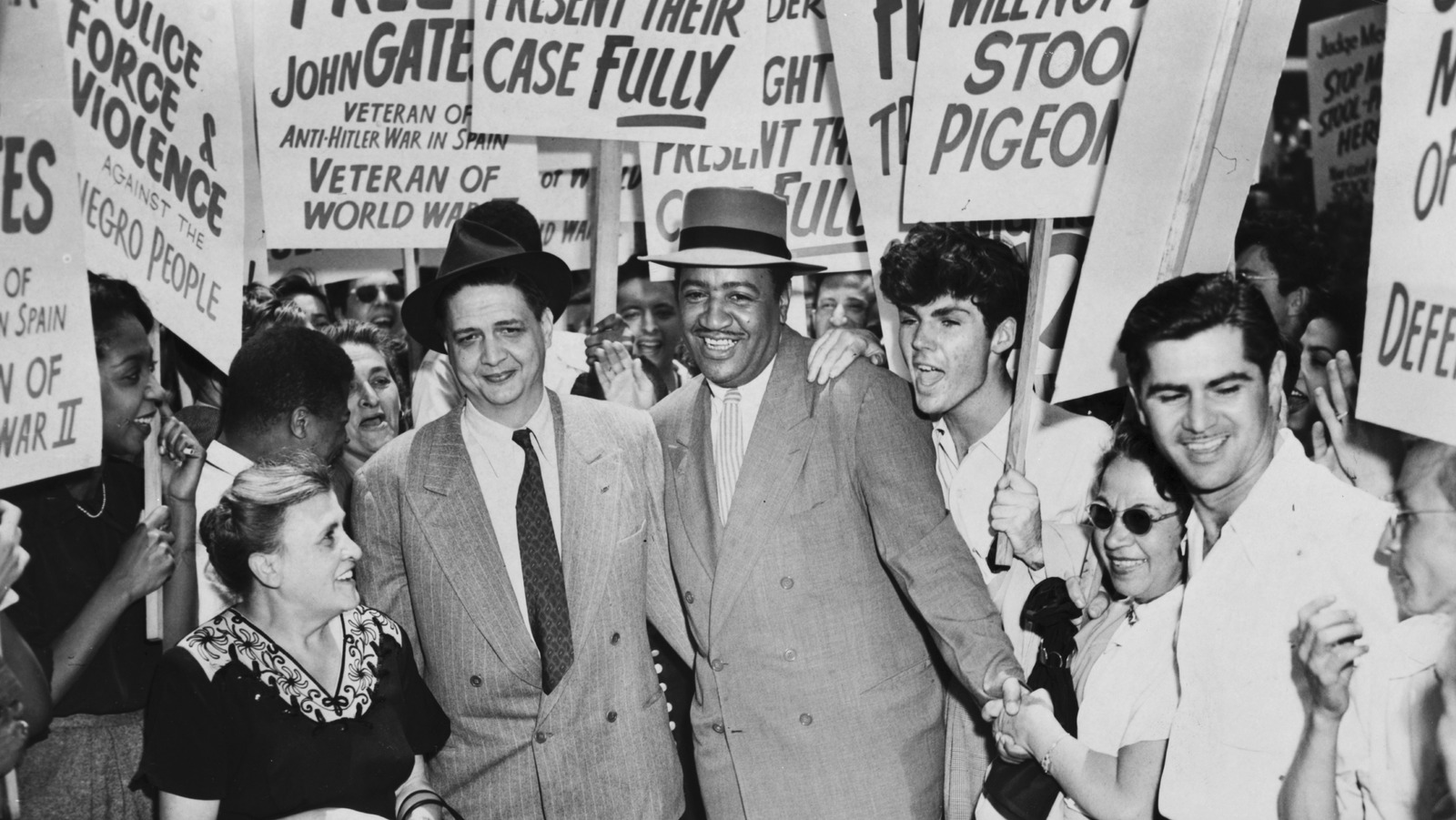
In 1941, the United States government used the Smith Act for the first time against a group of Trotskyist Socialist Worker Party (SWP) members. Twenty-eight people were charged under the Smith Act and, according to “Fear Itself” by Ira Katznelson, all 28 persons were either members of the SWP or Local 544 of the Teamsters Union in Minneapolis, Minnesota.
The Militant writes that there was support amongst the labor movement to free the imprisoned SWP members, but the Communist Party of the United States (CPUSA) refused to speak out against the persecution. In fact, top CPUSA leaders even went so far as to assist the police by giving them documents to help in their prosecution of SWP members and union leaders.
READ RELATED: Danielle Dauphinais Charged Indicted in Elijah Lewis’s Death
The trial lasted from October to December 1941 and in the end, 18 people were convicted of violating the Smith Act. Meanwhile, Communist journalist Milton Howard wrote in the Daily Worker that “The American people can find no objection to the destruction of the Fifth Column in this country. On the contrary, they must insist on it.” Little did he know that in just five years, the law would be turned against the CPUSA as well.
In 1944, the Smith Act was also used to prosecute up to 30 American fascists, but after Judge Edward Eicher (pictured) died of a heart attack during the trial, his replacement, Judge Bolitha Laws, declared a mistrial, according to “The National States Rights Party” by Michael Newton.
Source:






